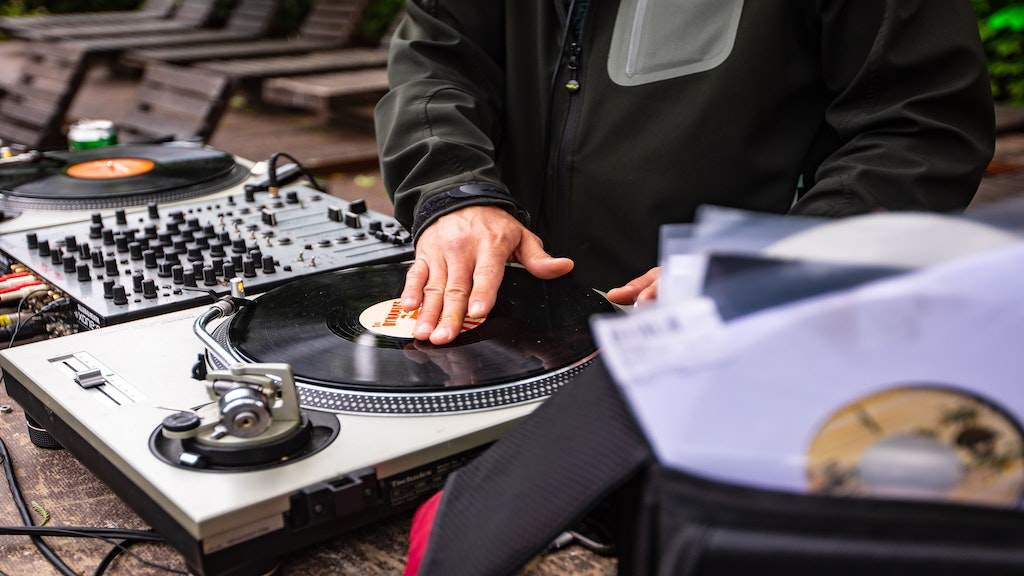Veröffentlicht
Tue, Jan 11, 2022, 16:40
- We spoke to Sunil Sharpe and Annex Agency director Laetitia Deering about the scheme, which is still in the early stages.

The Irish government has announced plans to pay creatives a basic income, the BBC reports.
Though the exact terms are still TBC, it's anticipated that the Basic Income For The Arts (BIA) will pay approximately 2,000 musicians, artists, actors and other performers for three years, at a suggested rate of €10.50 per hour.
In December, Catherine Martin, the minister for tourism, culture, arts, gaeltacht, sport and media, hosted a stakeholder forum with almost 200 artists and workers in the arts to elicit their views on the proposal.
"This is a once-in-a-generation policy intervention," Martin said. "A measure that I believe will redraw the landscape for the arts for hopefully many years to come… The intrinsic societal value of culture and the arts was particularly evident during the pandemic, where it provided colour, light and hope in uncertain times."
Martin added that €25 million has been allocated to pilot the BIA. "I am determined to ensure that permanent damage is not done to the arts sector from the pandemic," she said. "And that the Basic Income pilot scheme is in fact part of the response to ensure the arts in Ireland come back stronger than ever."
Attending the stakeholder forum on December 15th was Sunil Sharpe, a DJ and campaigner for Ireland's late-night culture. Sharpe spoke to Resident Advisor about the BIA proposal.
"It's a really promising development," he said. "Funding for the arts has been traditionally low in Ireland, and is always subject to potential cuts, so we have to hope that there is ambition for the scheme in the long-term. To ensure a long-term future for it that will reach more artists, I do think it will be important for arts groups and communities to demonstrate the positive impact this investment made, and not to simply just chalk it down as an entitlement."
Laetitia Deering, director of Annex Agency, agreed. "It's definitely a step in the right direction," she told RA. "I know a lot of work has been done behind the scenes to get to this point."
For Deering, the priority is to make the BIA accessible to as many artists as possible. The prohibitive nature of access to funding in Ireland, she said, "contributes to an existing problem in terms of opportunities for artists who don't necessarily have the advantage of the type of means or education or language that are required to engage with these funding processes."
The big question for Sharpe is how the recipients of the BIA will be selected. "Who will be prioritised now and in the future?" he asked. "Those at an earlier stage of development, those who are more established but who need to maintain their living standards and creative time, or is it simply a payment for any type of artist and as soon as you get it you may receive it indefinitely? In any case I do really hope that music will account for a significant amount of awardees, and electronic music specifically too."
Sharpe also told RA how Martin, as a musician herself with a "natural affinity towards the community," could be seen as a turning point for music culture in Ireland. "She recognises the value of electronic music and the need for greater support for it," he said.
In 2020, in response to the pandemic, Martin established the Arts And Culture Recovery Taskforce. This government press release states how the number one recommendation of the taskforce was to introduce a basic income for creatives. A public consultation surrounding how the pilot scheme will be delivered is open until January 27th, with all artists and members of the public welcome to contribute their thoughts.
Photo: Daniel Robert Dinu